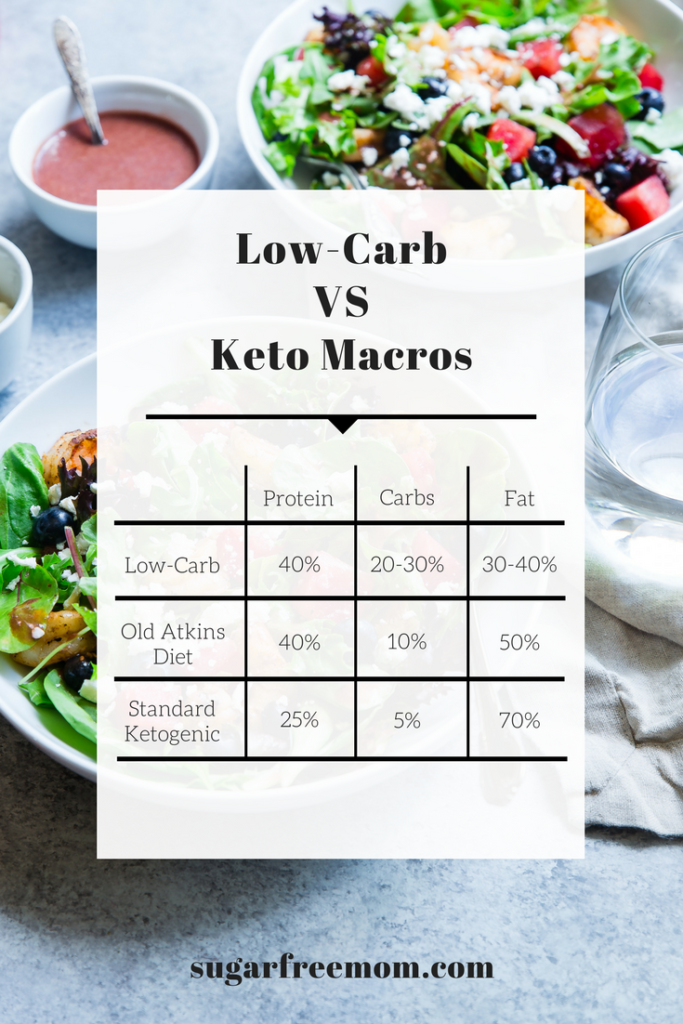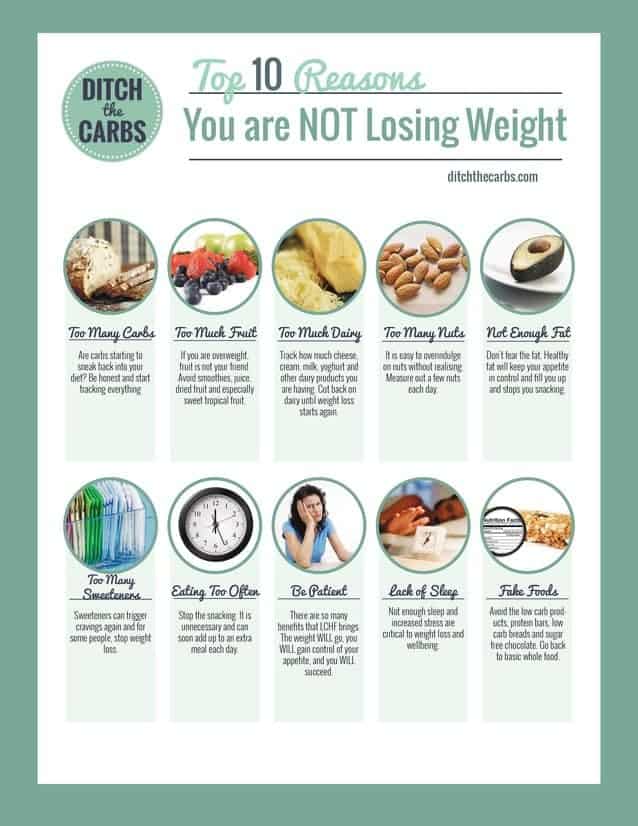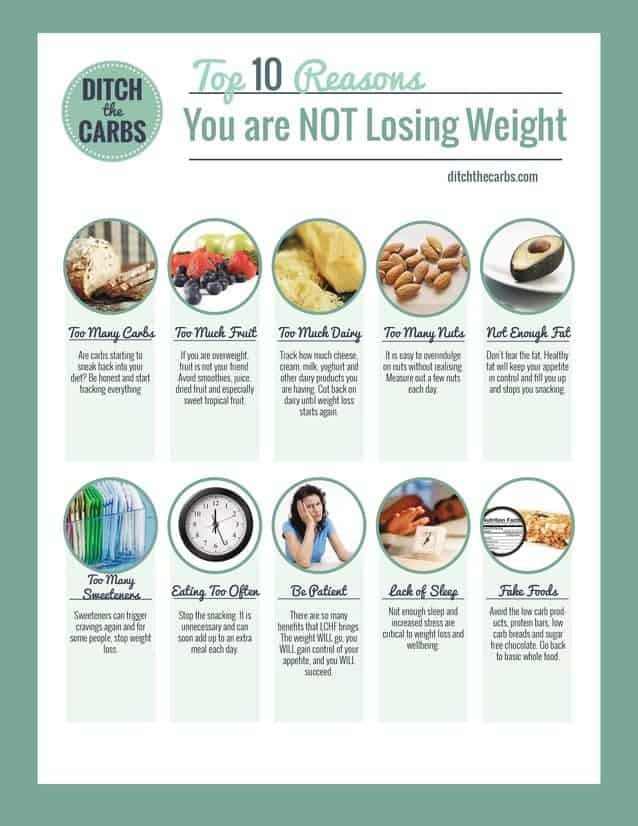If you’ve ever wondered whether you can achieve weight loss on a low carb diet without fully committing to a strict keto regime, you’re not alone. Many people are intrigued by the idea of reducing carbohydrate intake to shed pounds, but worry that the restrictions of a keto diet may be too overwhelming or difficult to sustain. The good news is that there are alternative low carb approaches that can still lead to successful weight loss without the need for extreme restrictions. In this article, we’ll explore the possibilities and discover how you can achieve your weight loss goals without fully embracing the keto lifestyle.

Understanding low carb diets
What is a low carb diet?
A low carb diet is a dietary approach that emphasizes the reduction of carbohydrates in your daily food intake. While there is no strict definition of what constitutes a low carb diet, it typically involves consuming less than 130 grams of carbohydrates per day. This reduction in carbs forces your body to rely on alternative fuel sources, such as fat, for energy.
How does a low carb diet work for weight loss?
When you consume fewer carbohydrates, your body’s insulin levels decrease, promoting the breakdown of stored fat for energy. This process, known as ketosis, can lead to significant weight loss. Additionally, low carb diets tend to be higher in protein and fat, which help you feel fuller for longer and reduce overall calorie intake. By restricting carbs and promoting a calorie deficit, a low carb diet can be an effective way to achieve weight loss goals.
Differences between low carb and keto diets
What is a keto diet?
A keto diet, short for a ketogenic diet, is an extreme form of low carb dieting. It involves drastically restricting your carbohydrate intake to approximately 20 to 50 grams per day, which forces your body into a state of ketosis. In ketosis, your body produces ketones from fat stores and uses them as an alternative source of fuel.
How does a keto diet differ from a low carb diet?
While both keto and low carb diets involve reducing carbohydrate intake, the key difference lies in the level of carbohydrate restriction. A low carb diet typically allows for a higher range of carbohydrate consumption, while a keto diet requires strict adherence to a very low carbohydrate limit. Keto diets are often higher in fat and moderate in protein, whereas low carb diets can vary in macronutrient composition.
Benefits and drawbacks of a keto diet
The benefits of a keto diet include more rapid weight loss, reduced hunger and cravings, and improved blood sugar control. However, a keto diet can be challenging to sustain over the long term due to its strict limitations and potential nutrient deficiencies. It is also important to note that a keto diet may not be suitable for everyone, such as those with certain medical conditions or individuals on certain medications. Consulting with a healthcare professional or registered dietitian is recommended before embarking on a keto diet.
Can you lose weight on a low carb diet without following keto?
Finding the right balance of carbs
Yes, it is possible to lose weight on a low carb diet without strictly following a keto approach. While keto diets may produce more rapid weight loss due to the state of ketosis, a moderate reduction in carbohydrate intake can still lead to weight loss. It is important to find the right balance of carbs that works for your body and lifestyle.
Importance of calorie deficit
Regardless of the specific diet approach, weight loss ultimately comes down to creating a calorie deficit. By consuming fewer calories than your body needs, you force it to tap into stored fat for energy. While low carb diets may help control hunger and reduce overall calorie intake, it is still essential to maintain a calorie deficit to see weight loss results.
Lifestyle factors for weight loss
In addition to diet, various lifestyle factors play a crucial role in successful weight loss. Regular physical activity, sufficient sleep, stress management, and staying hydrated all contribute to overall health and weight management. Incorporating these habits alongside a low carb diet can help support your weight loss efforts and improve overall well-being.
Tips for successful weight loss on a low carb diet
Choose quality over quantity
When following a low carb diet, it is important to prioritize the quality of your food choices. Focus on nutrient-dense, whole foods such as vegetables, lean proteins, and healthy fats. Avoid highly processed, sugary, and refined carbohydrate-rich foods, as they can hinder weight loss progress.
Include a variety of low carb foods
To ensure you are getting a wide range of nutrients, incorporate a variety of low carb foods into your diet. This can include leafy greens, cruciferous vegetables, berries, nuts, seeds, lean meats, fish, and dairy products. By diversifying your food choices, you not only enhance the nutritional profile of your meals but also prevent boredom and increase adherence to a low carb lifestyle.
Don’t forget about portion control
Even when following a low carb diet, portion control is important for weight management. While low carb foods can be satisfying, it is still possible to overeat and consume excess calories. Pay attention to your body’s hunger and fullness cues and practice mindful eating. Aim for balanced meals that include appropriate portions of protein, healthy fats, and carbohydrates.
Stay active and incorporate exercise
Physical activity is a crucial component of any weight loss journey. Engaging in regular exercise not only burns calories but also helps build lean muscle mass, which can increase your metabolism. Choose activities you enjoy, whether it’s walking, cycling, strength training, or dancing. Find ways to incorporate movement into your daily routine to support your low carb diet and boost weight loss.
Stay consistent and track progress
Consistency is key when following any dietary approach. It’s important to stick to your low carb plan and make it a part of your lifestyle. Keep track of your meals, snacks, and progress to identify patterns and make adjustments as needed. Whether it’s using a food diary, an app, or seeking support from a dietitian, tracking your progress can provide valuable insights and help you stay accountable to your goals.
Common misconceptions about low carb diets
Low carb diets mean no carbs at all
One common misconception is that low carb diets require completely eliminating carbohydrates from your diet. While low carb diets do involve reducing carb intake, they don’t necessarily eliminate them entirely. It’s about finding the right balance and choosing the right types of carbs that support your weight loss goals.
Low carb diets are all the same
Another misconception is that all low carb diets are the same. In reality, there are various approaches to low carb eating, each with its own macronutrient ranges and food choices. Some people may find success with a more moderate approach, while others may benefit from a stricter low carb or keto approach. It’s essential to find what works best for your body and preferences.
Low carb diets are only for short-term weight loss
Low carb diets are often associated with quick weight loss, leading to the belief that they are only suitable for short-term use. However, low carb diets can be a sustainable long-term approach to weight management if implemented properly. By focusing on whole foods and making healthy lifestyle changes, a low carb diet can be a fulfilling and sustainable way of eating.
Low carb diets are not sustainable or healthy
Contrary to popular belief, low carb diets can be both sustainable and healthy when done correctly. It’s important to prioritize nutrient-dense foods, maintain a balanced diet, and listen to your body’s cues. Additionally, incorporating a variety of low carb foods can provide essential vitamins, minerals, and fiber. As with any diet, individual needs and preferences should be considered, and consulting a healthcare professional or registered dietitian is recommended.
Potential challenges and solutions
Dealing with cravings and food restrictions
One common challenge when following a low carb diet is dealing with cravings and managing food restrictions. To address cravings, focus on finding satisfying low carb alternatives to your favorite high carb foods. For example, opt for cauliflower rice instead of traditional rice or experiment with zucchini noodles instead of pasta. It can also be helpful to plan meals in advance and have appropriate snacks available to avoid impulsive food choices.
Navigating social situations and eating out
Social situations and eating out can pose challenges when following a low carb diet. To navigate these situations, plan ahead by checking menus in advance and choosing options that align with your dietary goals. You can also communicate your dietary preferences to friends, family, or restaurant staff, ensuring that you have suitable choices available. If needed, consider bringing a low carb dish or snack to social gatherings to ensure you have an option that fits your needs.
Managing nutrient deficiencies
Low carb diets can sometimes lead to nutrient deficiencies if not carefully planned. To mitigate this risk, focus on consuming a wide range of nutrient-dense low carb foods. Incorporate plenty of vegetables to ensure adequate intake of vitamins and minerals. Additionally, consider supplementation or working with a healthcare professional or registered dietitian to address any potential gaps in your nutrient intake.
Addressing potential digestive issues
Some individuals may experience digestive issues, such as constipation, when transitioning to a low carb diet. To address this, it is important to stay hydrated and increase your fiber intake through non-starchy vegetables, nuts, and seeds. Gradually increasing your intake of fats and fiber can also help regulate digestion. If digestive issues persist, consult with a healthcare professional or registered dietitian for personalized advice and potential solutions.

The importance of personalized approaches
Listening to your body
When it comes to any dietary approach, it is essential to listen to your body’s unique needs and signals. Pay attention to how different foods make you feel and adjust accordingly. What works for one person may not work for another, and finding a personalized approach is key to long-term success.
Working with a healthcare professional or dietitian
To ensure you are following a low carb diet in a safe and effective manner, it is advisable to work with a healthcare professional or registered dietitian. They can provide personalized guidance, help address any concerns or challenges, and ensure you are meeting your nutritional needs while working towards weight loss goals.
Long-term maintenance and sustainability
Transitioning to a balanced eating plan
While a low carb diet can be effective for weight loss, transitioning to a balanced eating plan is important for long-term maintenance and sustainability. As you reach your weight loss goals, gradually reintroduce healthy carbohydrates such as whole grains, legumes, and fruits while monitoring your body’s response. Finding a sustainable balance that works for you is key to maintaining weight loss and overall health.
Balancing carbs and other macronutrients
As you transition to a balanced eating plan, it’s important to find the right balance of carbohydrates, proteins, and fats that supports your overall health and weight management goals. Consider working with a healthcare professional or registered dietitian to customize a macronutrient distribution that aligns with your specific needs and preferences.
Developing a healthy relationship with food
Lastly, it is important to develop a healthy relationship with food. Focus on nourishing your body with whole, nutrient-dense foods while allowing yourself occasional indulgences. Avoid labeling foods as “good” or “bad” and instead cultivate a mindset of balance and moderation. Remember that a sustainable lifestyle change includes enjoying food and finding joy in the process of nourishing your body.

Conclusion
In conclusion, a low carb diet is a viable option for weight loss, even if you choose not to follow a strict keto approach. By reducing carbohydrate intake, creating a calorie deficit, and incorporating lifestyle factors such as physical activity, you can achieve your weight loss goals while following a low carb diet. It is important to find the right balance of carbs, choose quality foods, practice portion control, and stay consistent while also addressing any potential challenges and misconceptions. By personalizing your approach and seeking guidance from healthcare professionals, you can navigate the journey to successful weight loss on a low carb diet and maintain a healthy, sustainable lifestyle in the long term.

